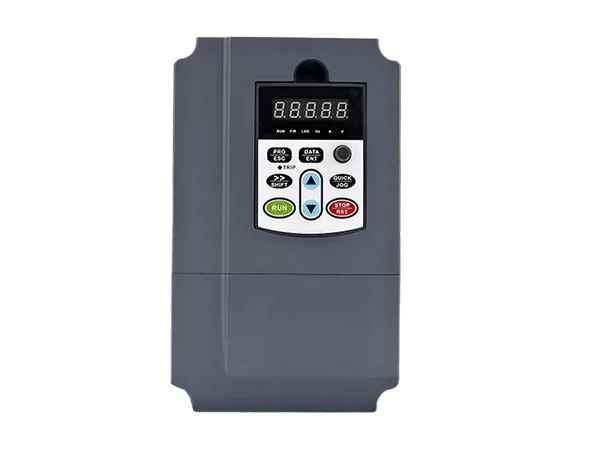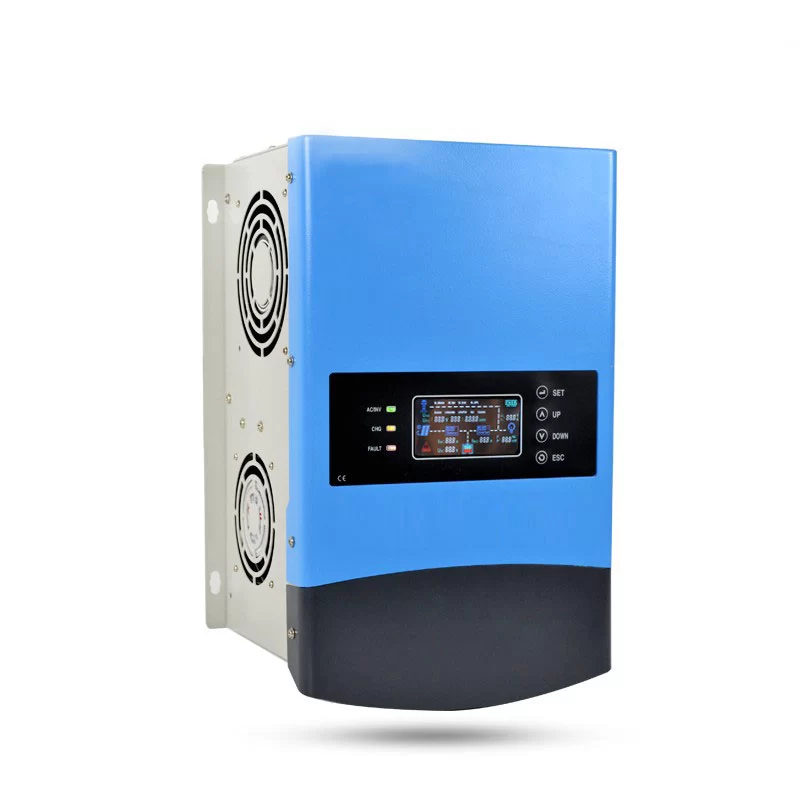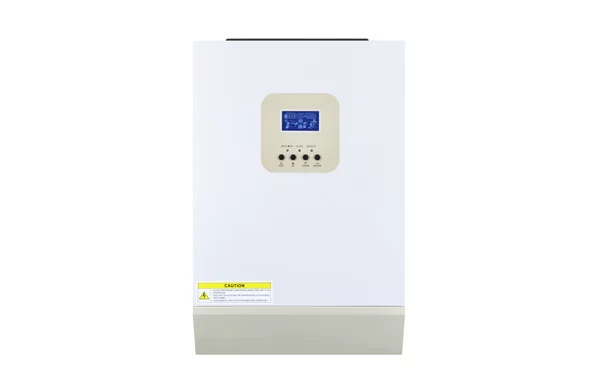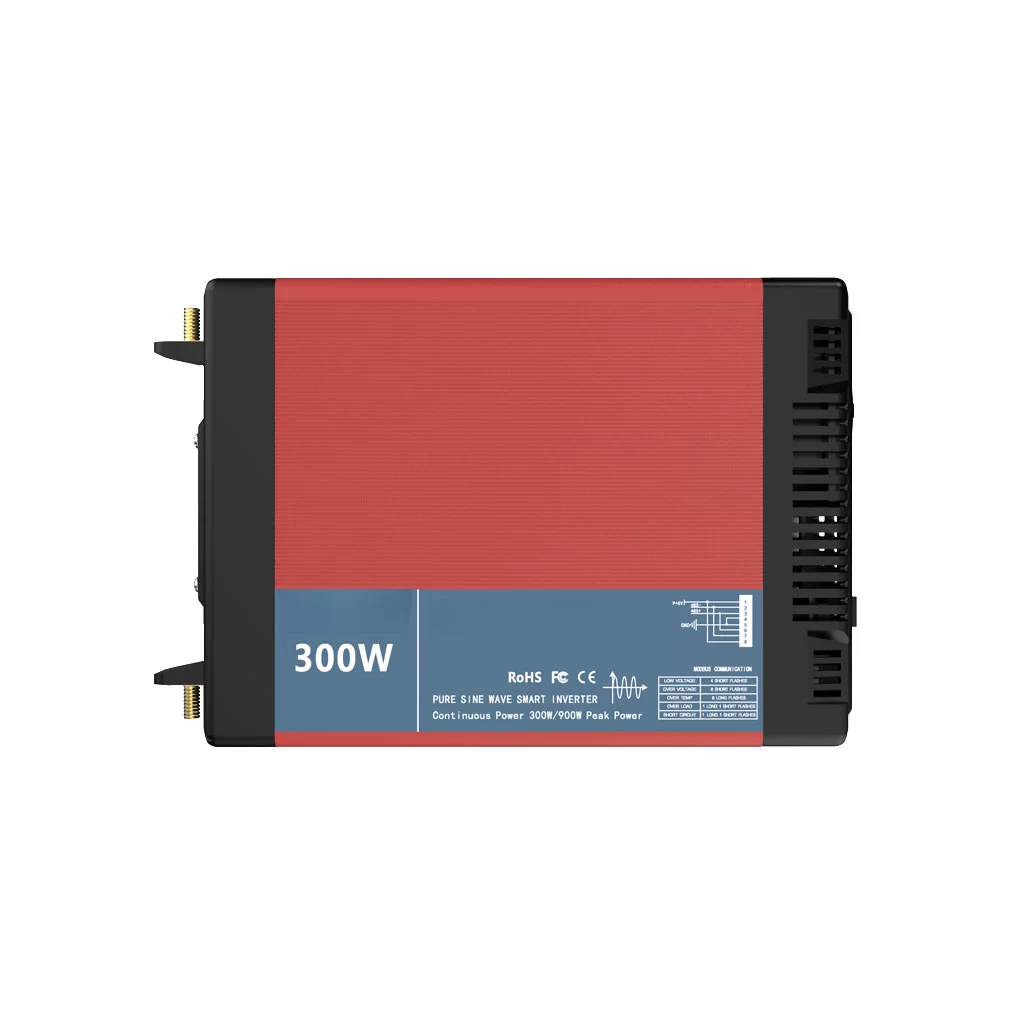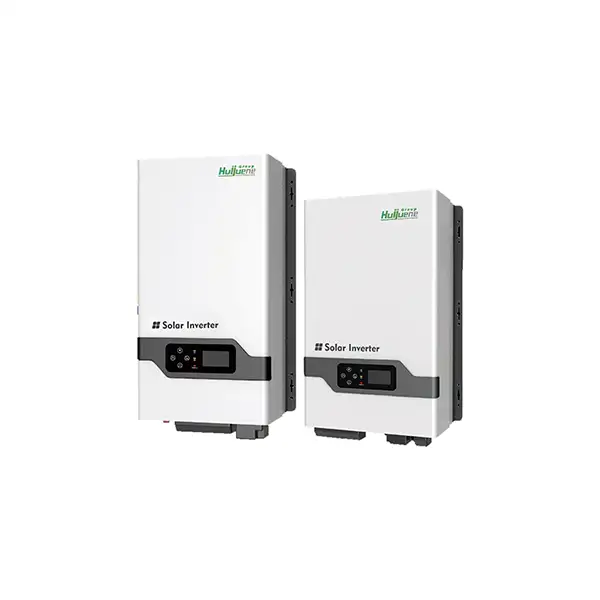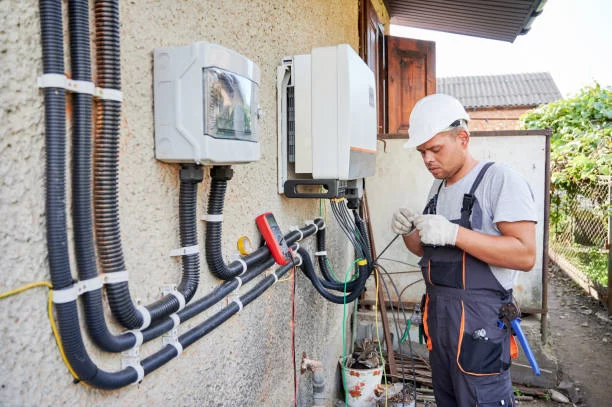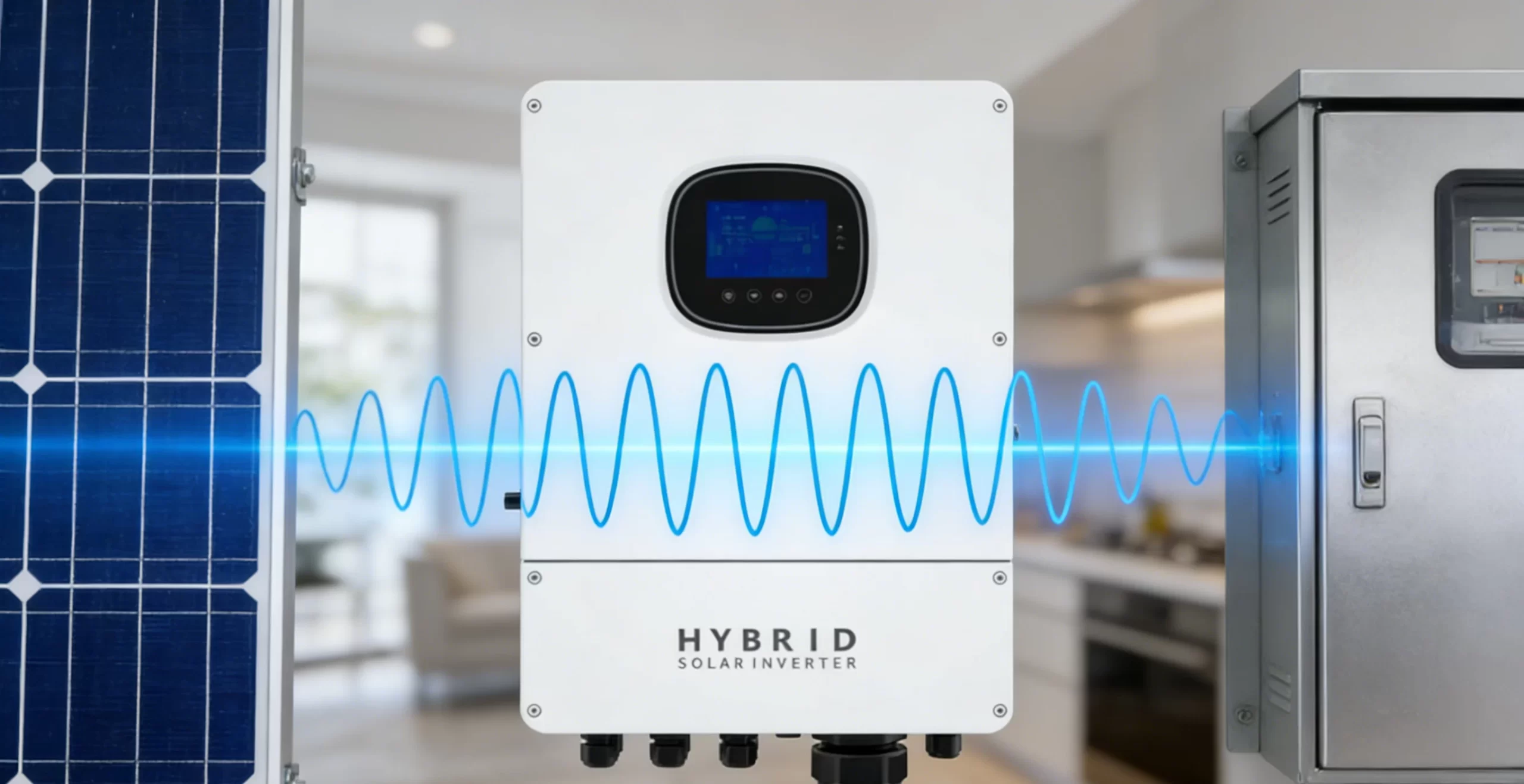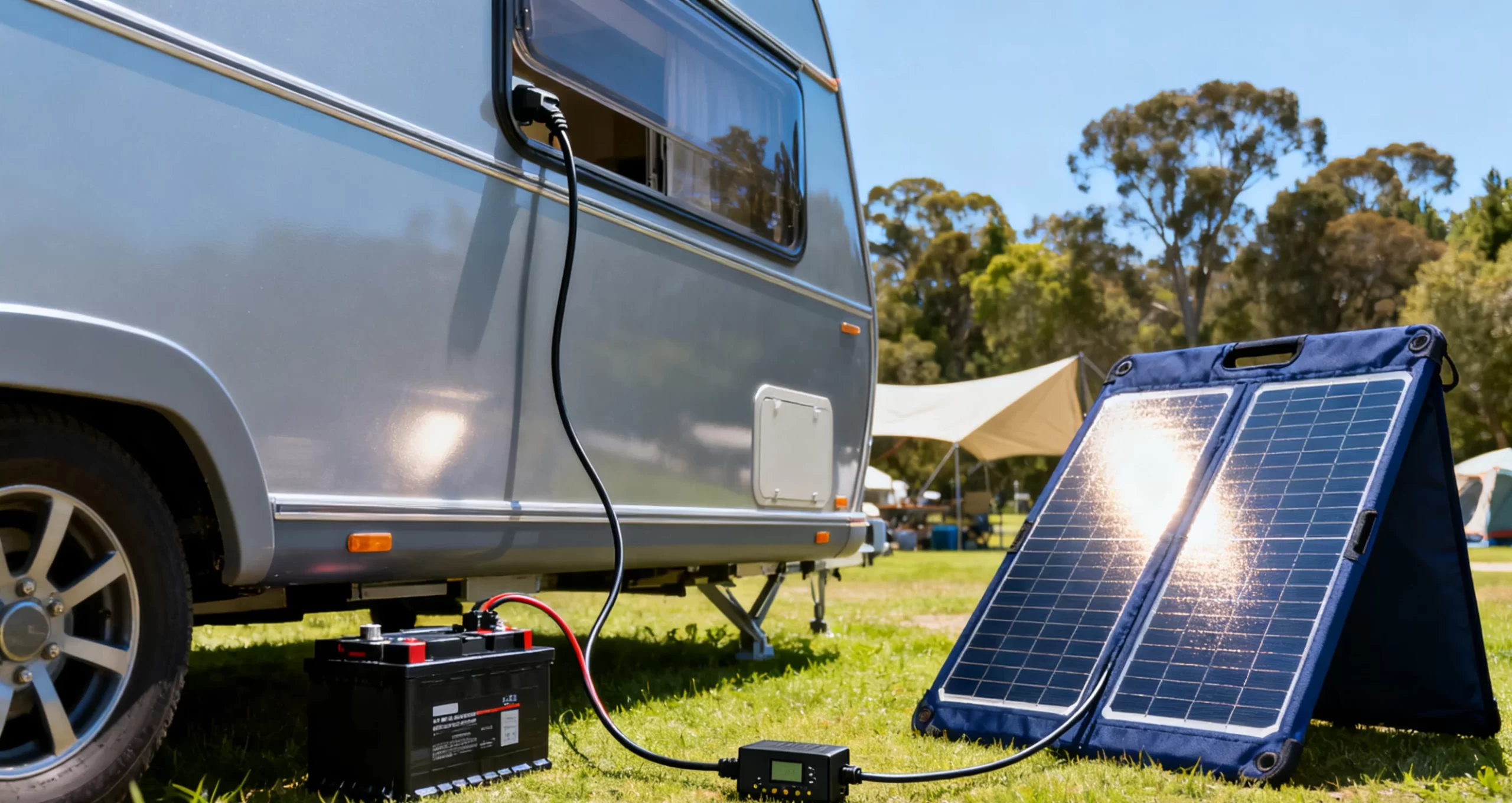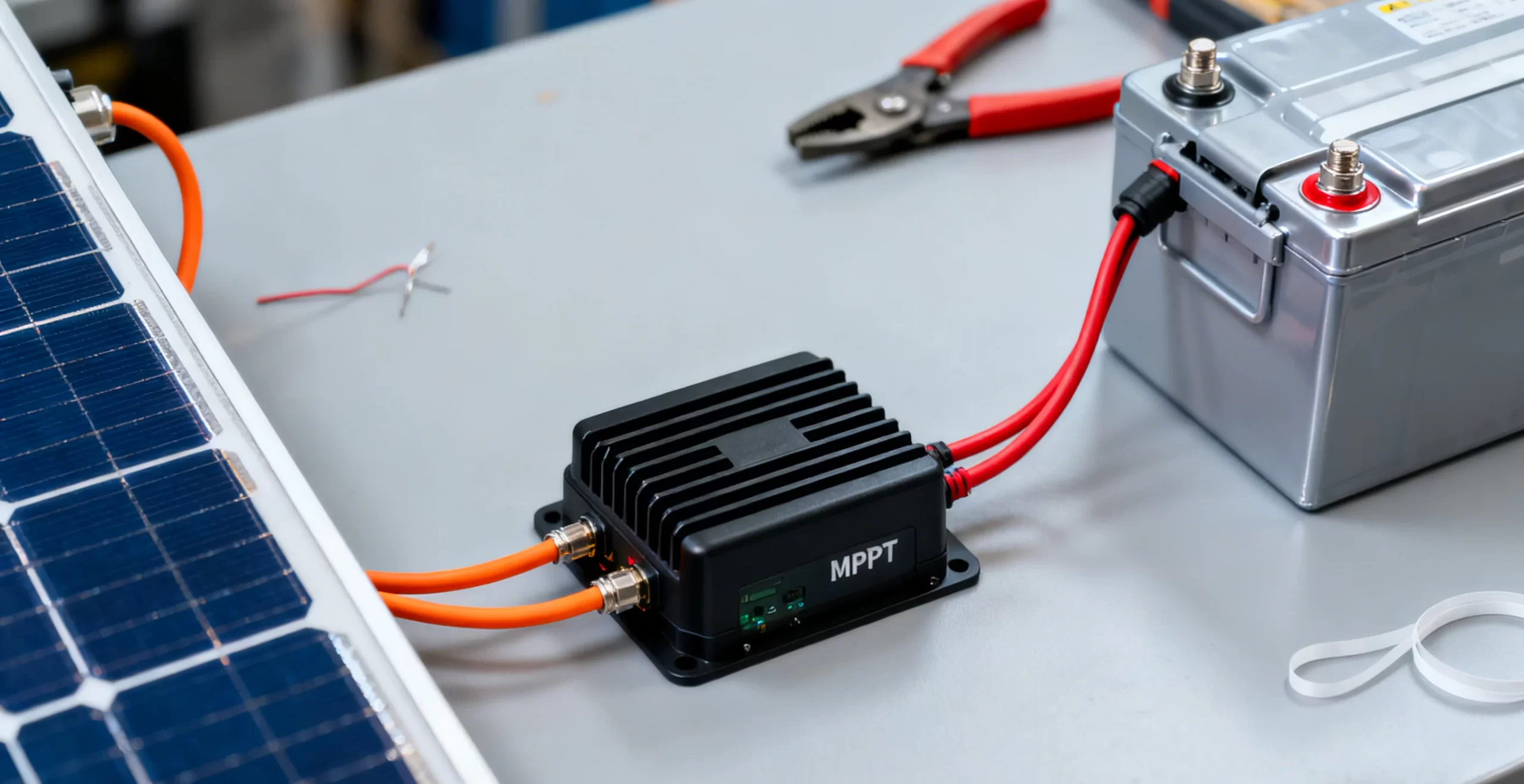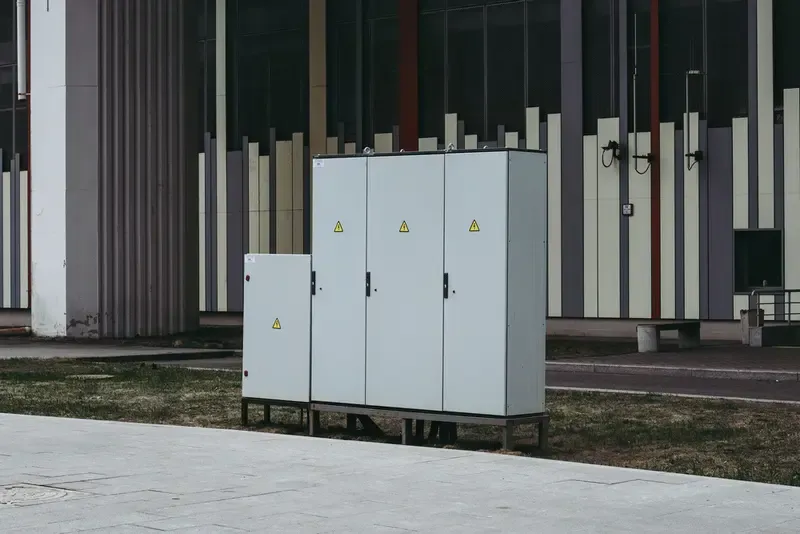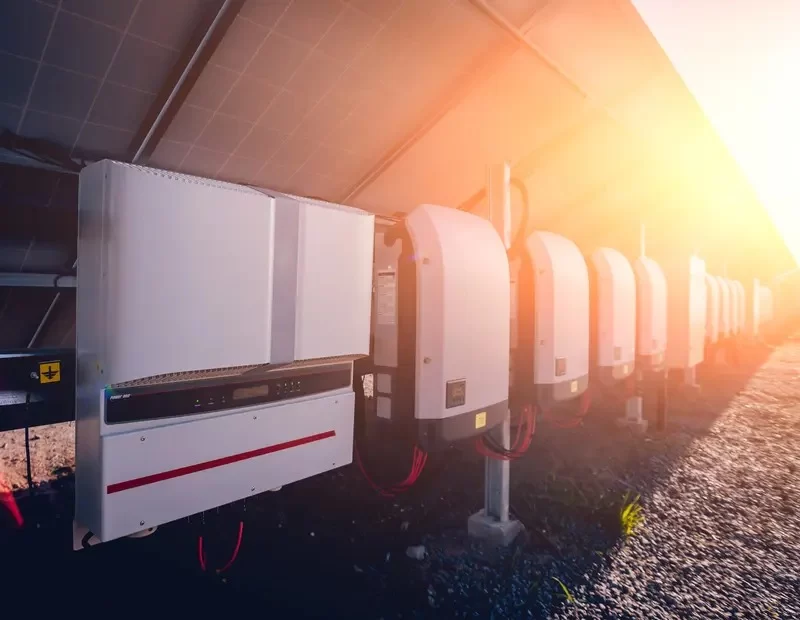Get A Quote Now!
How to Determine If a 3000W Home Inverter Is Suitable for Your Home
Understanding Home Power Needs
Before deciding if a 3000W inverter is sufficient for your home, it’s essential to assess your total power requirements. This includes calculating the power consumption of all household appliances and considering peak load conditions.
Step 1: Calculate Total Household Power Consumption
To determine your household’s power needs, you should list all the electrical devices you regularly use. For each device, note its power consumption in watts. For example:
Appliance | Power (W) |
Refrigerator | 150 |
Air Conditioner | 2000 |
Washing Machine | 300 |
Television | 150 |
Lights (10 bulbs) | 200 |
Total | 2800 |
Step 2: Consider Peak Load Conditions
Household power usage often peaks during specific periods, such as evenings when multiple devices are running simultaneously. It’s crucial to account for this peak load when choosing an inverter. The total power usage in our example is 2800W, which is within the capacity of a 3000W inverter.
Step 3: Inverter Efficiency and Peak Power
Inverters have efficiency ratings, typically around 90%. This means that a 3000W inverter may effectively provide around 2700W of continuous power. It’s also important to note that inverters can handle short bursts of higher power, known as peak power, which can exceed the rated power for brief periods.
Step 4: Assessing Your Home’s Requirements
Based on the example, a 3000W inverter could handle the household’s typical power needs. However, if you anticipate higher loads (e.g., multiple high-power appliances running simultaneously), you might consider a larger inverter, such as 4000W or 5000W, for additional headroom.
Selecting the Right Inverter
Choosing the right inverter goes beyond just calculating power requirements. Here are some additional factors to consider:
Type of Inverter
- Grid-Tied Inverters:These are connected to the utility grid and do not require batteries. They are suitable for homes that remain connected to the grid.
- Off-Grid Inverters:These are ideal for remote areas without grid access and require battery storage.
- Hybrid Inverters:These combine the features of grid-tied and off-grid inverters, allowing for both grid connection and battery backup.
Brand Reputation and After-Sales Service
When selecting an inverter, consider well-known brands with a reputation for reliability and robust after-sales support. This ensures you have access to maintenance, repairs, and customer service when needed.
Future Expansion
If you plan to add more electrical appliances or expand your home’s power usage in the future, it may be wise to choose an inverter with a higher capacity than currently needed.
Conclusion
Determining whether a 3000W inverter is suitable for your home involves understanding your total power consumption, considering peak load conditions, and evaluating inverter efficiency. While a 3000W inverter may be adequate for many households, those with higher power demands should consider larger inverters. Remember to consider the type of inverter, brand reputation, and potential future expansion when making your decision.

